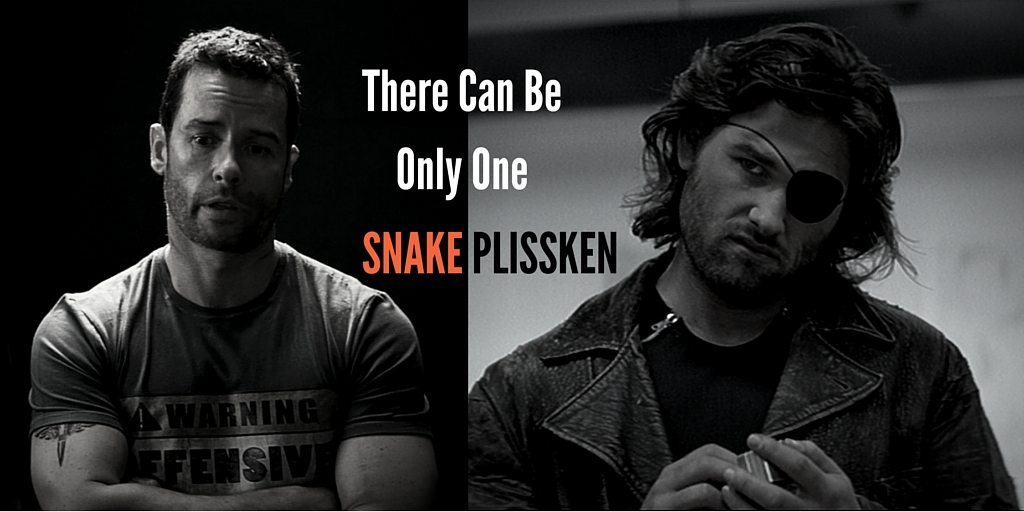Avoiding Clearance Lawsuits: The John Carpenter Example
Avoiding clearance lawsuits is crucial to the success of a film or television project.
There is an ever-growing list of cases that keeps films and television shows in legal entanglements, many of which occur after a project comes to light.
These cases are often plagiarism lawsuits. As legal professionals in the film industry, we’re here to protect you from plagiarism lawsuits.
Why and How Do Plagiarism Lawsuits Happen?
When artistic/creative professionals in the film and television arena hear the word plagiarism, most of them cringe.
We don’t blame them.
The thought of repurposing and presenting someone else’s work as your own is not only unethical, but also, it’s without artistic merit.
But what happens when non-purposeful plagiarism occurs?
The following high-profile lawsuit case study provides insight into accidental plagiarism.
Halloween director John Carpenter Sues Fifth Element director Luc Besson
Recently, Halloween director John Carpenter sued French filmmaker Luc Besson on the grounds of plagiarism.
Luc Besson is known for a slew of films, including La Femme Nikita, The Fifth Element, the Transporter series, and Taken.
When his 2012 film Lockout hit theaters (Besson , a few critics pointed out similarities between this film and John Carpenter’s popular movies Escape from New York and Escape from L.A.
Source: Indiewire.
According to Carpenter, the critics were right, and he filed a plagiarism lawsuit against Besson.
Though plagiarism lawsuits are easily avoidable, the lack of script clearance allowed the proceedings to move forward.
Carpenter won the lawsuit. According to court record:
The court nevertheless noted many similarities between the two science-fiction films: both presented an athletic, rebellious and cynical hero sentenced to a period of isolated incarceration —despite his heroic past— who is given the offer of setting out to free the President of the United States […]
Read the entire court briefing here.
How to Protect Your Project
Get a film script clearance report.
When you acquire a film script clearance report from legal professionals who understand the film and television industry, you prevent possible copyright, trademark, defamation, and other forms of infringement.
Let a legal team research all character, location, celebrity, and business names, as well as cite any items in your script that may lead to exposure.
We’ll protect you from plagiarism lawsuits. For a full film script clearance report, click here.

